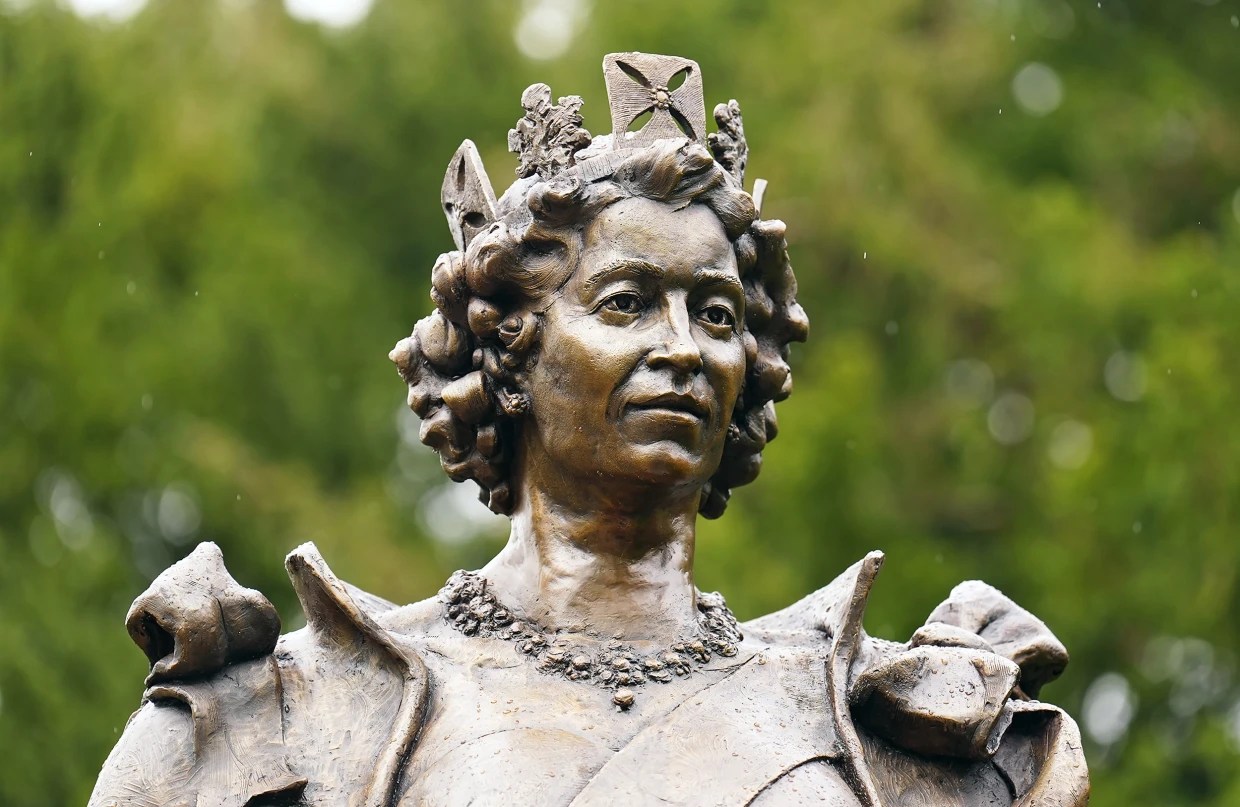Shiite rebels holding Yemen's embattled president captive in his own home reached a deal Wednesday night to end a violent confrontation in the capital. However, even with the deal, many questions remain about who is actually in charge of this country targeted in a U.S. drone-strike campaign against al-Qaida fighters.
Here are some questions and answers regarding Yemen, the Arab world's poorest country beset by political chaos and violence, and how it affects the great war against its local al-Qaida franchise, which has claimed several failed attacks in America and the assault on the satirical French newspaper Charlie Hebdo.
Q: WHAT DOES THIS MEAN FOR AL-QAIDA IN YEMEN AND THE U.S. CAMPAIGN AGAINST IT?
A: Al-Qaida in the Arabian Peninsula, which Washington considers to be the group's most dangerous branch, has been thriving in the fallout of the Houthis' offensive across central Yemen, where Sunni tribesmen predominate. The turmoil has taken a sharply sectarian tone, pitting Sunnis against Shiites, to the benefit of Sunni al-Qaida. The militant group claims to be present in 16 out of Yemen's 21 provinces. A weakened Hadi leaves the U.S. without a faithful partner amid its drone-strike and counter-terrorism campaign.
Q: WHO ARE THE HOUTHIS?
A: The Houthi movement started as a small religious group called "The Believing Youth," who sought to revive Zaydism, a Shiite sect to which some 30 percent of Yemenis, mainly in the north, belong. After the 2003 U.S.-led invasion of Iraq, Hussein al-Houthi capitalized on anger over the war to launch an armed revolt against the U.S.-allied president at the time, autocrat Ali Abdullah Saleh. The war ended in a 2010 cease-fire. Houthis also enjoy wide support among disenchanted tribesmen who had suffered from Saleh's military campaigns.
Q: WHAT IS THE HOUTHIS' GOAL AND HOW MUCH OF YEMEN DO THEY HOLD?
U.S. & World
A: After Saleh's 2012 ouster following Arab Spring protests, the Houthis' power grew. In September, the Houthis— also known as Ansar Allah — seized the capital, Sanaa, after besieging it for weeks under the pretext that they wanted a new government and the reinstatement of fuel subsidies. Since then, the Houthis have overrun at least eight out of 21 provinces, including Hodeida, which has the country's second-largest port. Late Wednesday, they agreed to withdraw from the president's home and other areas in exchange for promises of greater representation in the country's government.
Q: ARE THE HOUTHIS ALIGNED WITH IRAN?
A: Critics say the Houthis are heavily backed by Iran. Yemeni authorities have seized ships carrying Iranian weapons allegedly destined for the Houthis in recent years. The Houthis deny that they are linked to Iran. The U.S. and Saudi Arabia back Hadi. The Saudis view the Houthis as both an Iranian proxy and a terrorist organization. Riyadh fears the group will create a mini-state in northern Yemen, which borders Saudi Arabia.
Q: WILL YEMEN SPLIT?
A: Yemen only unified in 1990. Most Yemenis want a federal system that would grant more power to local authorities. Both the Houthis and many in the once-independent south would like to reconstitute some version of a north-south divide, while Hadi and his supporters want a six-region scheme, as put forth in the draft constitution. The Houthis reject that and the deal made Wednesday night had no mention of the six-region plan.



